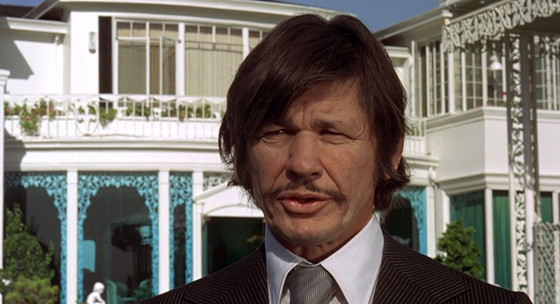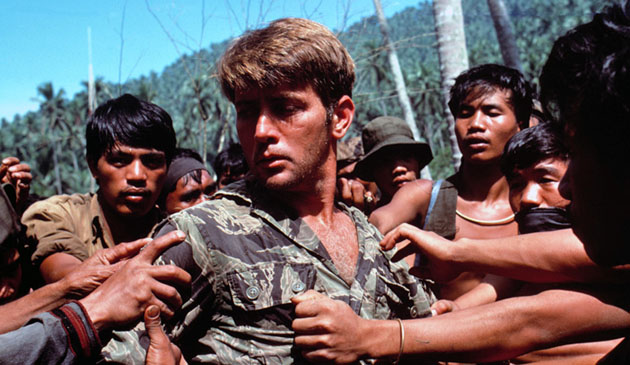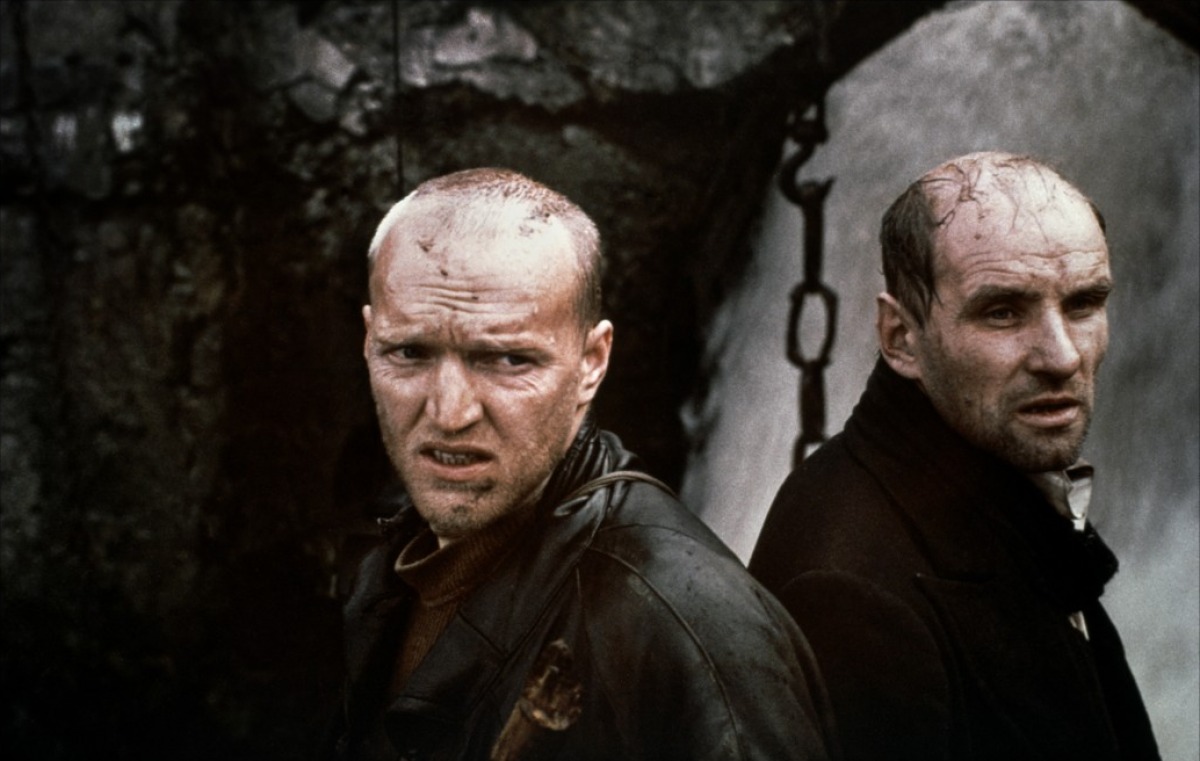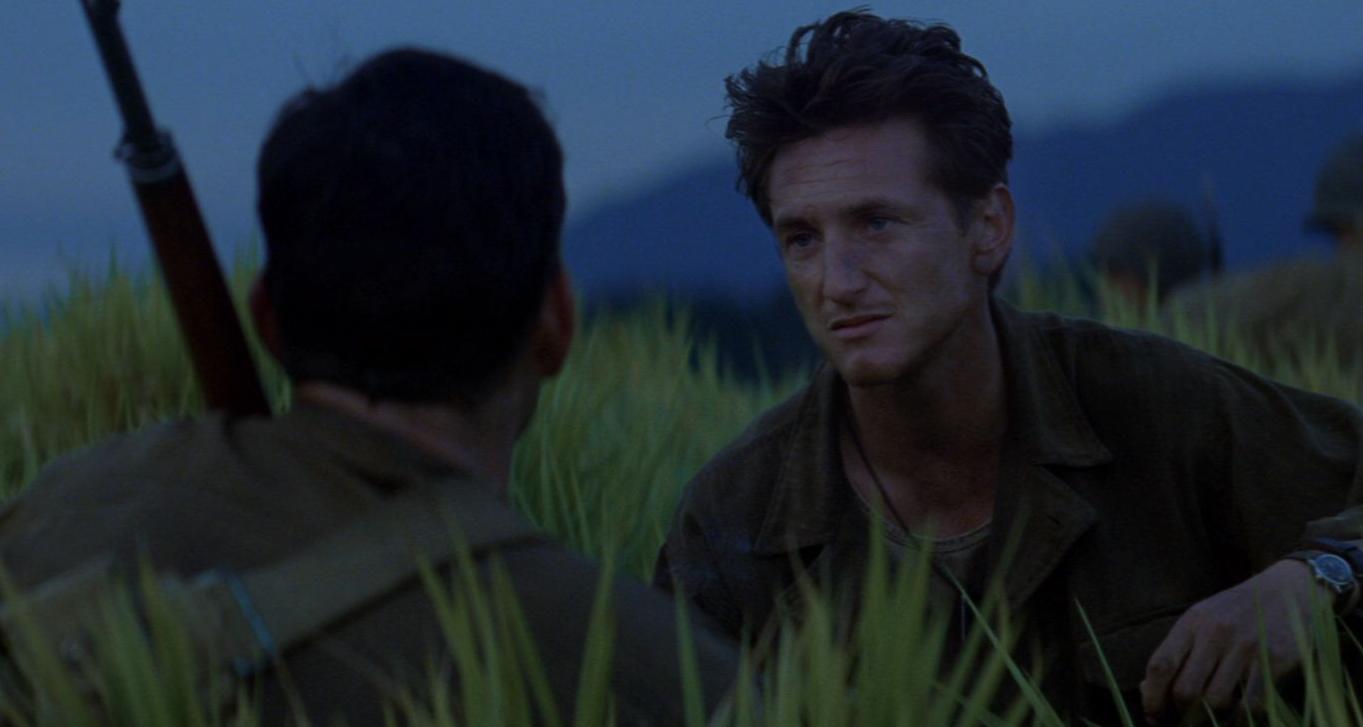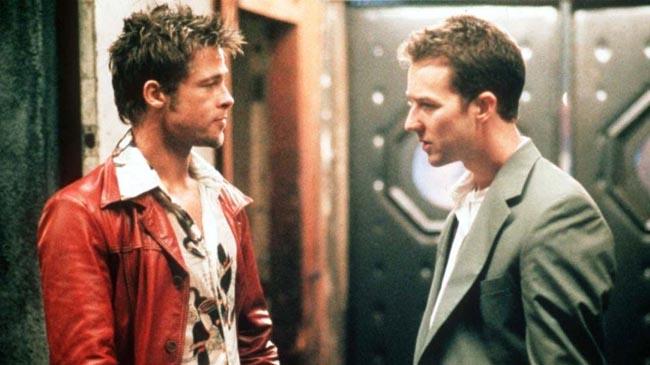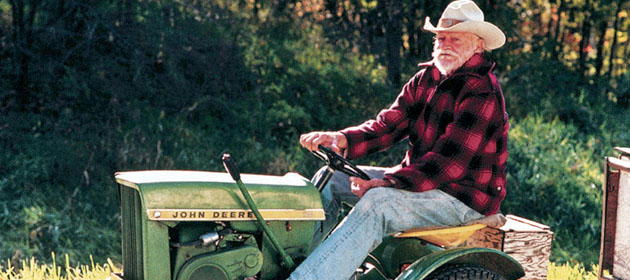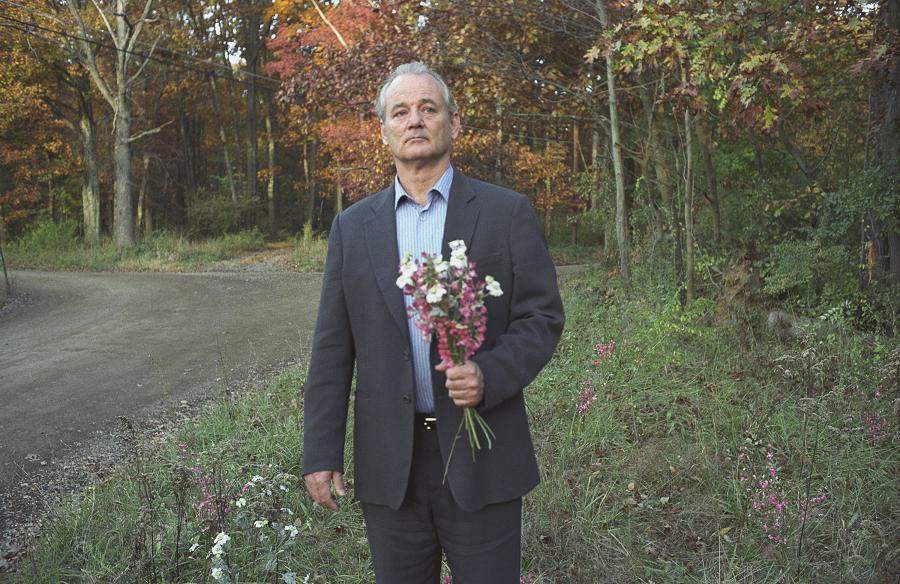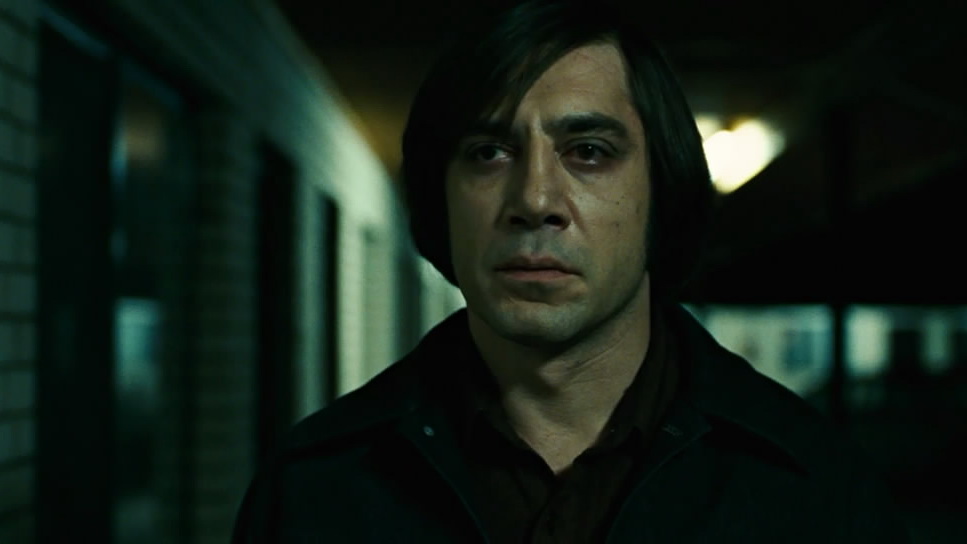11. The Mechanic (Michael Winner, 1972)
Another existential hit man film, this one opening with fifteen plus minutes with zero dialogue, and full of feelings of gloom and dread. Charles Bronson is a hit man with a high degree of self-awareness. I couldn’t help but wonder if Tom Cruise’s character in Michael Mann’s “Collateral” (2004) was inspired by this film. Charles Bronson knows who he is, and what he lives and dies by, and in this case, he actually teaches this philosophy to a younger protégé. A nihilistic bleakness runs chillingly throughout this film.
12. The Driver (Walter Hill, 1978)
The film that “Drive” (2011) was based on and probably wished it could be. In this case, the original mysterious driver and thief with no name is played by Ryan O’Neal. If Ryan Gosling’s perpetual blank stare and impersonation of Sly Stallone from “Cobra” (1986) in all of his matchstick in his mouth glory wasn’t enough for you, consider going to the source with this film. Originally intended for Steve McQueen to star in, The Driver’s main characters do not have names. The Driver, The Detective (played by Bruce Dern), The Woman, etc. This film takes picks up the minimalist torch left by Melville and adds the cinematic touch of 70’s action directors such as Sam Peckinpah and William Friedkin. The world is spare, empty, and alienating (clearly a large influence on Michael Mann’s later work). It is a world without meaning except that which The Diver has created for himself.
13. Apocalypse Now (Francis Ford Coppola, 1979)
This masterpiece throws the existential hit man into the puzzle of an absolutely absurd and futile universe is his dark voyage into the self and into the savagery of man. Based on Joseph Conrad’s, Heart of Darkness, Apocalypse Now is a surrealist take of symbolic dark and winding journey into the horrors of war and into the dark side of ourselves. Whenever thinks of a dark journey inward, few other films would first spring to mind. “The horror… the horror… “
14. Stalker (Andrei Tarkovsky, 1979)
As with “Solaris” (1972), Tarkovsky explores existential desires and meaning within the science fiction genre. What matters and makes life worth living? What is reality, and does it matter to define it when one has meaning? There are no answers for our lives, only choices. Solaris is rare combination of beauty within bleakness and a science fiction love story that will leave you with endless questions in your own mind about your own life and existence.
15. Blade Runner (Ridley Scott, 1982)
What is consciousness? What is life? These are the major questions and themes within Ridley Scott’s masterpiece that was thirty years ahead of it’s time, and still mimicked to this day. Artificial life is both venerated as well as feared and disdained (in the case of replicants), but it is self aware and conscious of its own mortality, and fights to survive and to find meaning. “I’ve seen things you people wouldn’t believe. Attack ships on fire off the shoulder of Orion. I watched c-beams glitter in the dark near the Tannhäuser Gate. All those moments will be lost in time, like tears in rain. Time to die.”
16. The Thin Red Line (Terrence Malick, 1998)
Like most Terrence Malick films, this one should be experienced and allowed to flow over you more than simply being viewed, and the flow in this case, will be full of existential questioning about man, nature, who we are, and how we fit into this nature that we are a part of, and our war against ourselves and acceptance of who we are. It’s an elusive and internally probing visual poem.
17. Fight Club (David Fincher, 1999)
Perhaps the ultimate and one of the most successful postmodern existentialist films. Fight Club explores our meaningless, conformist, and robotic corporate/consumer driven society with a struggle to regain masculinity and selfhood. There are few times when major Hollywood films strike a political, artistic, and box office chord all at once, but this film did it, and it forced a generation look within, even if just for a brief moment.
18. The Straight Story (David Lynch, 1999)
One of David Lynch’s best films was also his most unique. It is a beautiful and understated search for self and examination of mortality. Richard Farnsworth stars, and was in the final stages of terminal bone cancer himself while shooting this film. There is a particularly moving scene when two aging veteran open up to each other about their experiences in war. Sadness and beauty often ride a fine line, and they are ridden in this film slowly and eloquently.
19. Broken Flowers (Jim Jarmusch, 2005)
Jim Jarmusch explores this theme often, and some might argue that his film “Dead Man” (1995) might be a be a more obvious choice for this list, but this film explores lonely alienation and desperation that comes as a result of not making any choices in an absurd existence. It’s essentially a road movie/comedy, but one that shows us a man (played by Bill Murray) who decides to embrace this reality and consciously move within it, and thus gains some meaning.
20. No Country for Old Men (The Coen Brothers, 2007)
We consider this a flawless film. The Joel and Ethan Coen almost never make a film without some existential ideas, and some more than others. “A Serious Man” (2009) being one example, and always with a good dose of pitch black humor. Death and the idea of chance loom large over this bleak Texas landscape created by Cormac McCarthy, and there is no justice in the world futility patrolled by Tommy Lee Jones’ Texas sheriff. There is only the inevitable.
Author Bio: Cameron McHarg is a graduate of Art Center College of Design, he lives and works as an actor and director in Los Angeles. You can Follow @cammcharg and check out his website at www.cam-mcharg.com.
